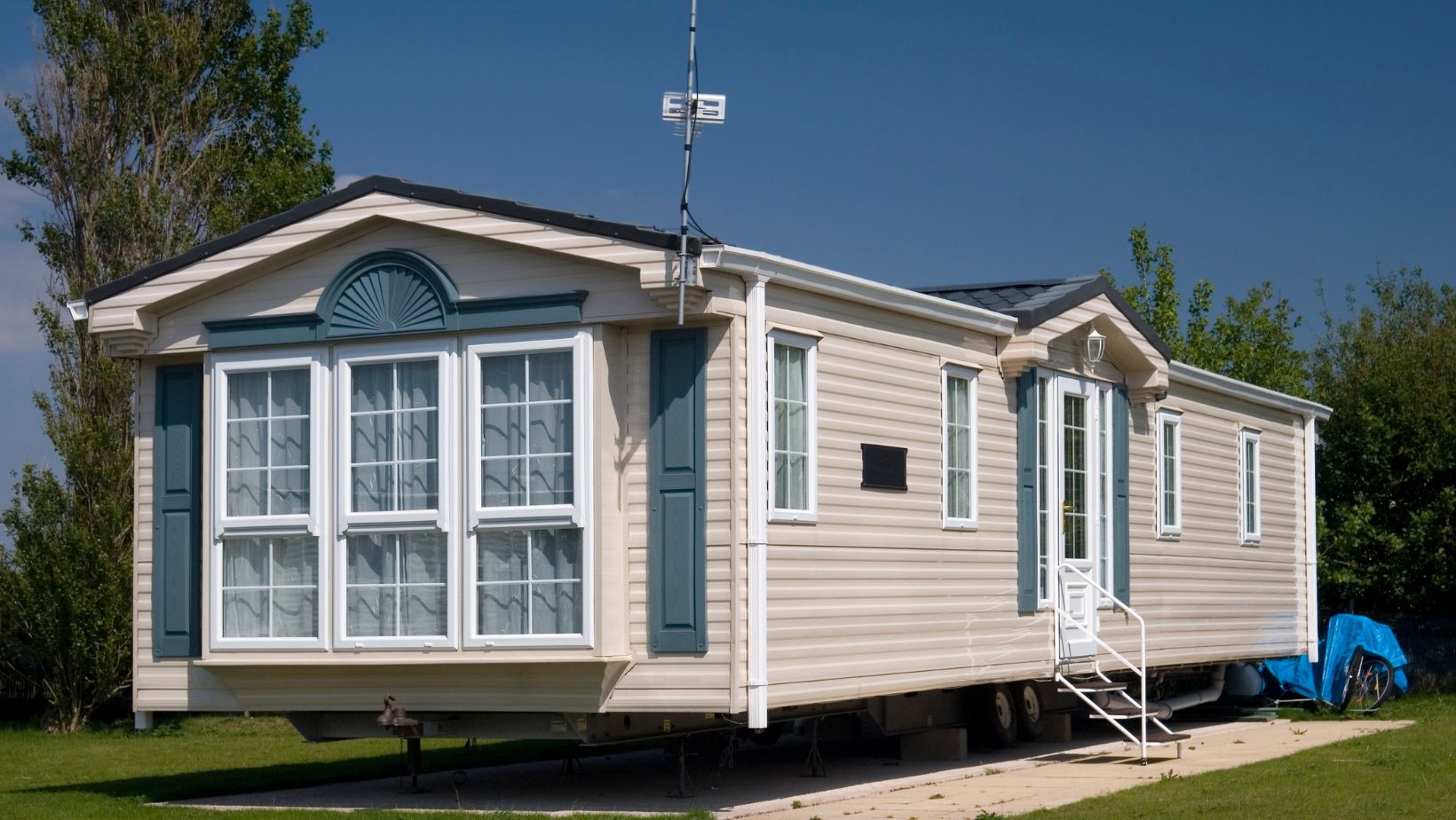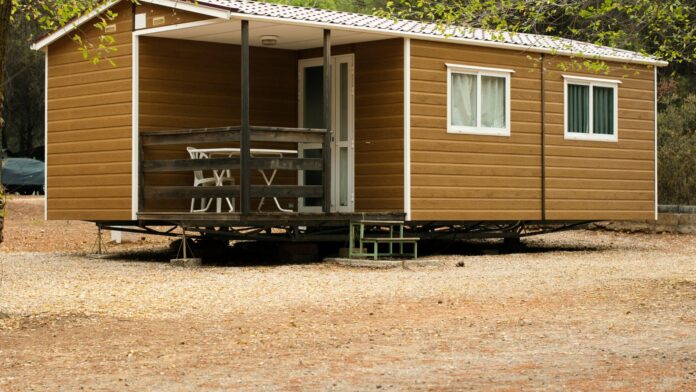How to Find Out if Land is Zoned for Mobile Homes
Wondering how to determine if a piece of land is zoned for mobile homes? Look no further! In this article, I’ll share some helpful tips and insights to guide you in uncovering the zoning status of a property. Whether you’re considering purchasing land or looking to set up a mobile home, understanding the zoning regulations is crucial. Let’s dive in and explore the steps involved in finding out if land is zoned for mobile homes.
Firstly, it’s important to check with the local planning or zoning department. They are responsible for regulating land use within specific areas. Reach out to them either by phone, email, or in-person visit to inquire about the zoning requirements for mobile homes. Provide them with the address or location details of the land you’re interested in, and they should be able to provide you with the necessary information.
Another useful resource is your city or county’s official website. Many municipalities have an online database where you can access zoning maps and regulations. Navigate through their website and search for any available tools or resources related to zoning information. By inputting the address of the property, you might be able to retrieve valuable data regarding its zoning designation.

Different Types of Zoning Laws
When it comes to determining if a particular parcel of land is zoned for mobile homes, it’s crucial to understand the different types of zoning laws that exist. Zoning laws are regulations put in place by local governments to control and designate how land can be used within a specific area. These laws help maintain order and balance in communities by ensuring that certain areas are designated for specific purposes.
Here are some common types of zoning laws you should be aware of:
- Residential Zoning: Residential zoning is typically the most familiar type of zoning law. It designates areas exclusively for residential use, such as single-family homes or multi-unit buildings. Within residential zones, there may be further restrictions on the type or size of mobile homes allowed.
- Commercial Zoning: Commercial zoning is intended for businesses and commercial activities such as offices, retail stores, restaurants, and hotels. Mobile homes are generally not permitted in commercially zoned areas unless they serve a specific purpose like temporary housing during construction projects.
- Industrial Zoning: Industrial zoning is reserved for manufacturing plants, warehouses, factories, and other industrial uses. Mobile homes are usually prohibited in industrial zones due to safety concerns and incompatible land uses.
- Mixed-Use Zoning: Mixed-use zoning combines multiple types of land uses within the same area or building. These zones often include a mix of residential, commercial, and sometimes even industrial properties. While some mixed-use zones may allow mobile homes as part of their residential component, others may have stricter regulations against them.
- Agricultural/ Rural Zoning: Agricultural or rural zones are typically designated for farming activities or large open spaces with limited development potential. In some cases, agricultural areas may permit mobile homes as long as they comply with specific guidelines related to farm worker housing or temporary dwellings.
Remember, while consulting with these professionals is valuable, it’s essential to choose someone who specializes in real estate law and has experience dealing specifically with mobile home zoning issues.
By involving a real estate agent or attorney early on in your search for suitable land for a mobile home, you’ll increase your chances of finding accurate information and navigating potential obstacles more effectively.
In conclusion, determining whether land is zoned for mobile homes involves reaching out to local planning departments and utilizing online resources provided by your city or county government. By following these steps, you’ll gain a better understanding of whether your desired piece of land meets the necessary criteria for setting up a mobile home. So let’s get started on this exciting journey of discovering your dream property!


